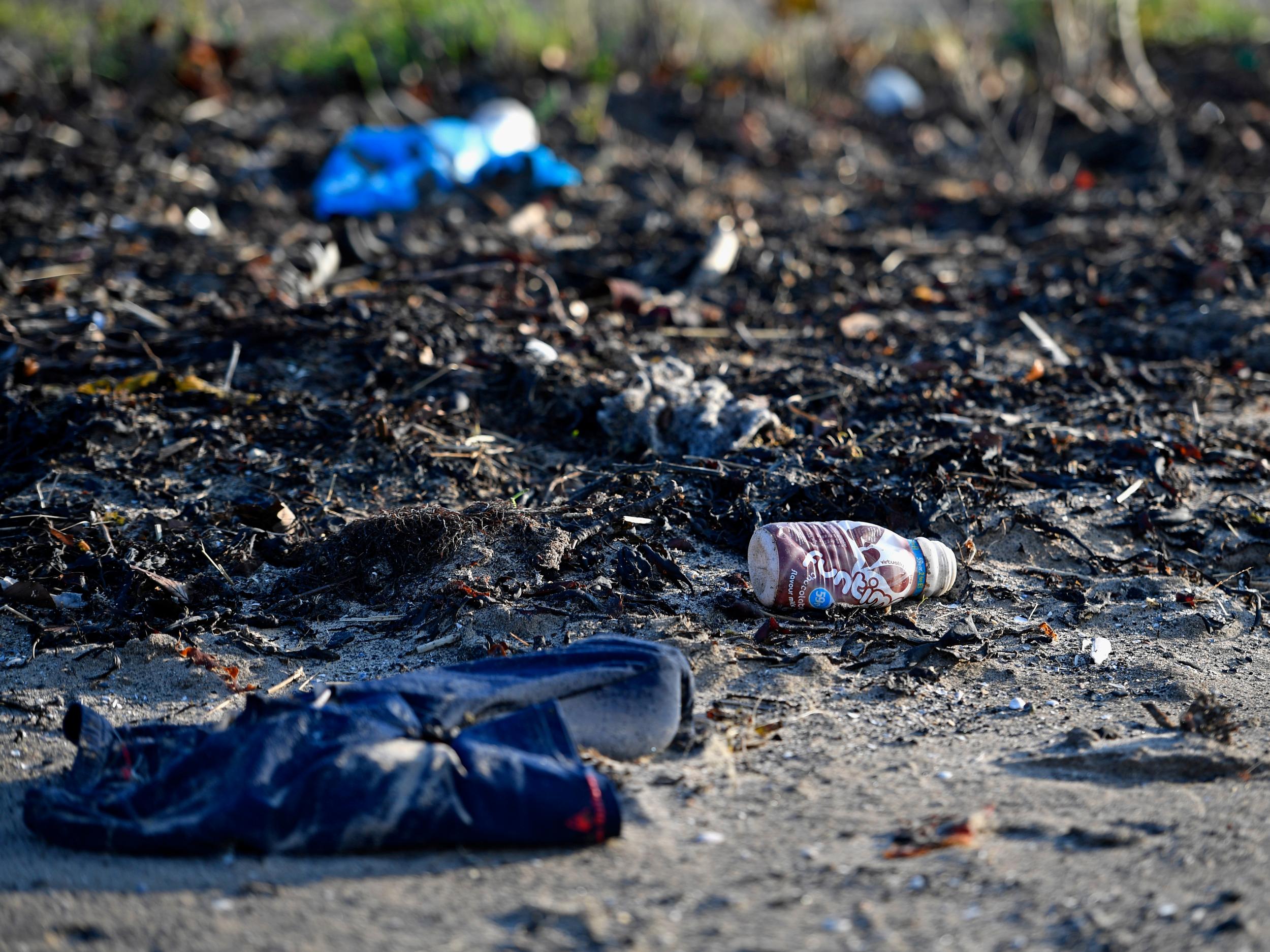Budget 2017: Philip Hammond reveals plans for a plastic tax and announces clean air measures
‘I want us to become a world leader in tackling the scourge of plastic’

Your support helps us to tell the story
From reproductive rights to climate change to Big Tech, The Independent is on the ground when the story is developing. Whether it's investigating the financials of Elon Musk's pro-Trump PAC or producing our latest documentary, 'The A Word', which shines a light on the American women fighting for reproductive rights, we know how important it is to parse out the facts from the messaging.
At such a critical moment in US history, we need reporters on the ground. Your donation allows us to keep sending journalists to speak to both sides of the story.
The Independent is trusted by Americans across the entire political spectrum. And unlike many other quality news outlets, we choose not to lock Americans out of our reporting and analysis with paywalls. We believe quality journalism should be available to everyone, paid for by those who can afford it.
Your support makes all the difference.Scientists and environmental groups have tentatively welcomed plans to tackle two of the biggest environmental threats facing the world.
Chancellor Philip Hammond referenced the BBC's Blue Planet 2 as he announced that he and Environment Secretary Michael Gove would investigate how the tax system and charges on single-use plastic items could be used to reduce waste.
“I want us to become a world leader in tackling the scourge of plastic,” said Mr Hammond.
This follows the introduction of a 5p charge on single-use plastic carrier bags, which is credited with driving down how many are used by 85 per cent, and calls to bring in charges on items ranging from plastic drinks bottles to disposable coffee cups.
"As with the plastic bag tax, an ambitious throwaway plastic tax could make a major change to our polluting habits,” said Joan Edwards head of living seas at The Wildlife Trusts.
The Chancellor also announced new measures to address air pollution, including a vehicle excise duty increase for new diesel cars not meeting emissions limits in real driving conditions.
“This is, hopefully, the start of the process of making all high-polluting diesels much more expensive to run than less polluting options,” said Professor Jonathan Grigg, an environmental medicine researcher at Queen Mary University of London.
“Omitting vans is rather disappointing since these tend to do multiple journeys and therefore contribute more to people’s exposure to locally-generated pollution,” said Professor Grigg.
In addition, Mr Hammond announced £220m for a new clean air fund to help local authorities improve air quality.
Tony Lewis, head of policy at the Chartered Institute of Environmental Health said they were “delighted” that the new budget addresses areas his organisation had raised with the Government in advance.
“However, although positive, the £220m announced for a new clean air fund is a drop in the ocean for struggling local authorities, and we look for government to go much further in this area,” Mr Lewis added.
John Sauven, chief executive of Greenpeace, acknowledged the Chancellor’s support for tackling single use plastic pollution, but expressed dismay over the green message of the budget as a whole.
“Despite the Chancellor’s pride in the UK’s climate leadership, hidden away in the unannounced text of the budget, he quietly revealed this was one of the least green budgets ever, because there will be no new money for renewables until at least 2025,” he said.
Instead, Sauven said that the budget props up “dirty, incumbent industries of the past”.
“This is the death knell for new renewable energy like tidal, wave and geothermal technology despite the huge economic opportunities they could bring,” said Sauven.
Additional reporting by agencies.
Join our commenting forum
Join thought-provoking conversations, follow other Independent readers and see their replies
Comments